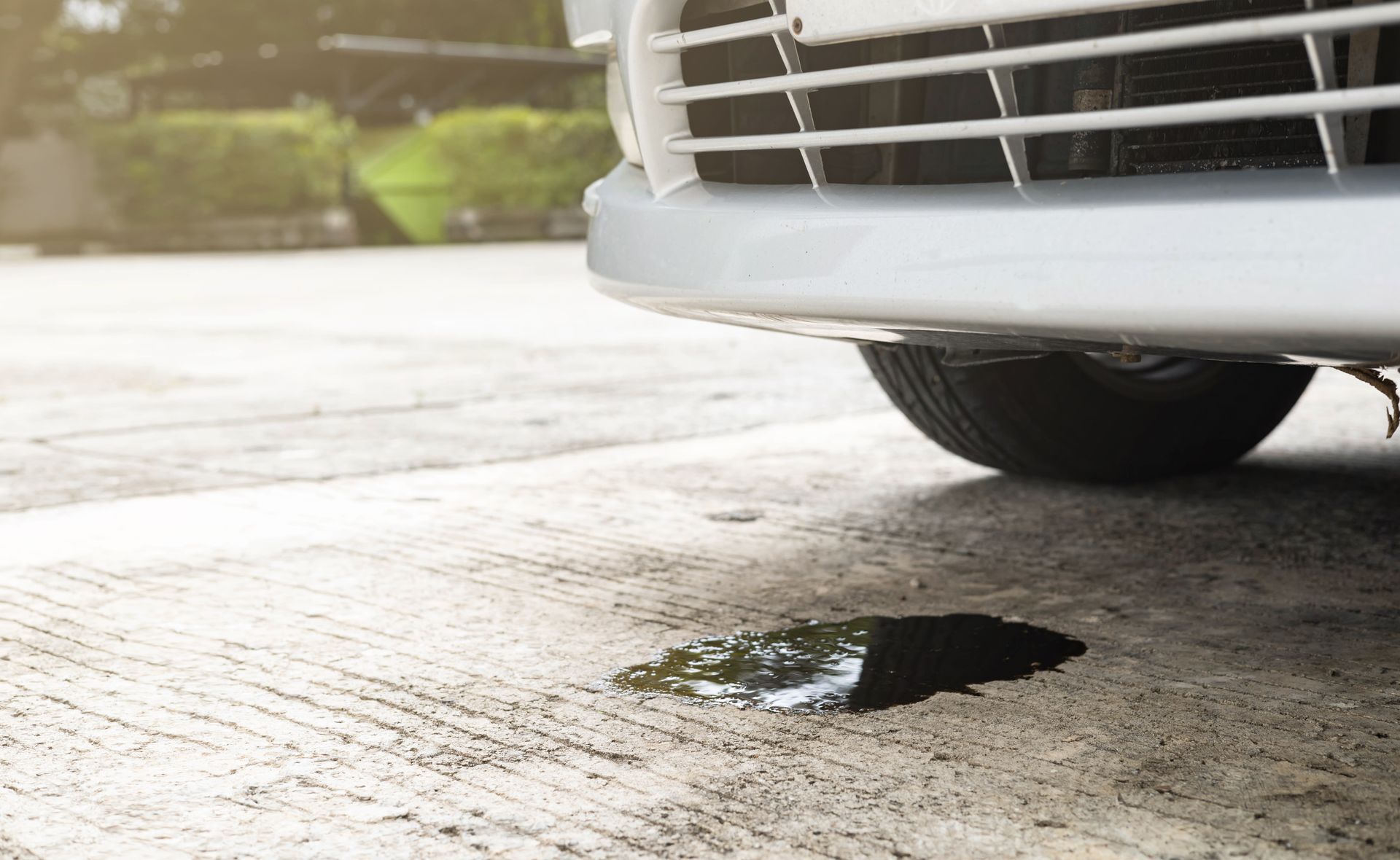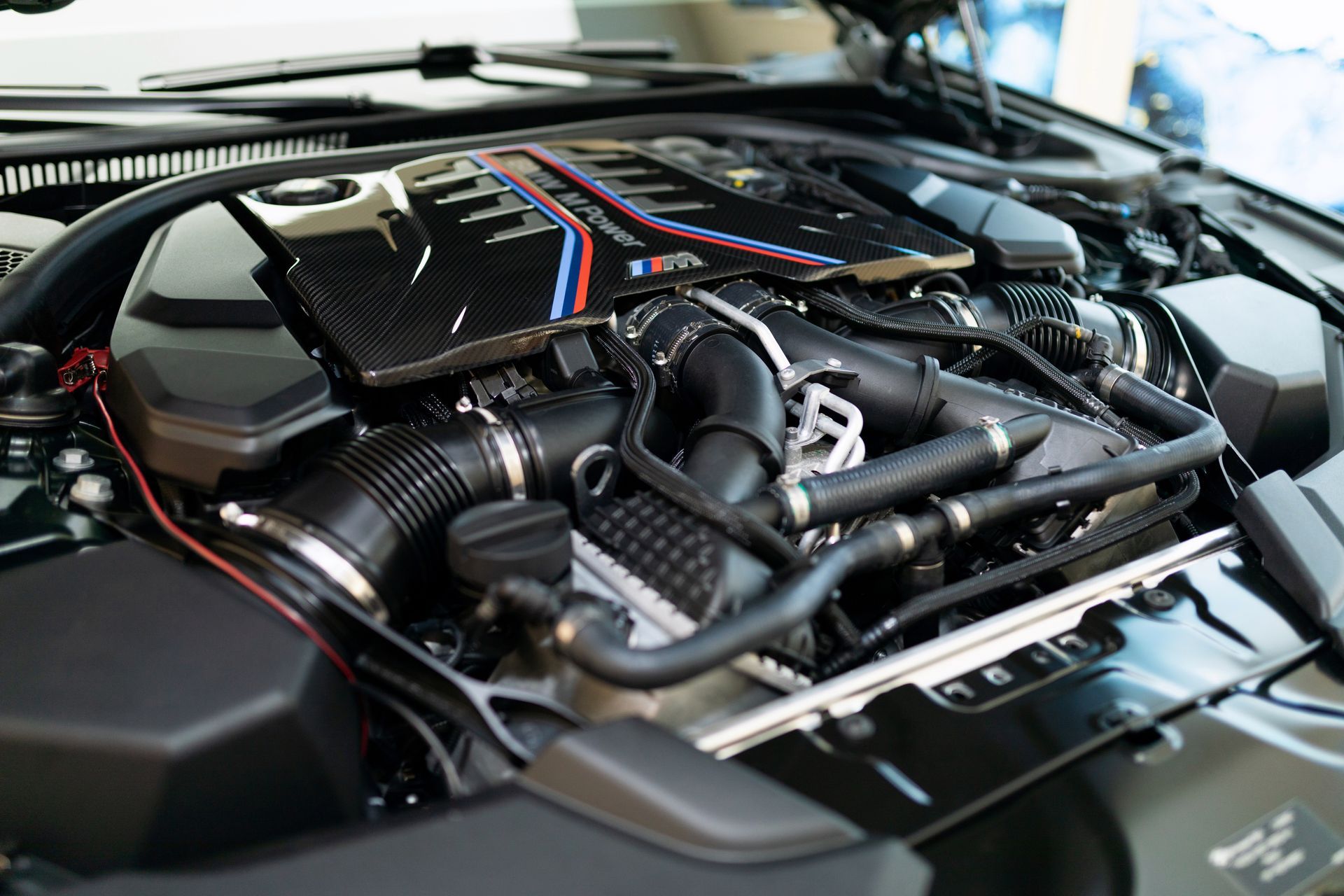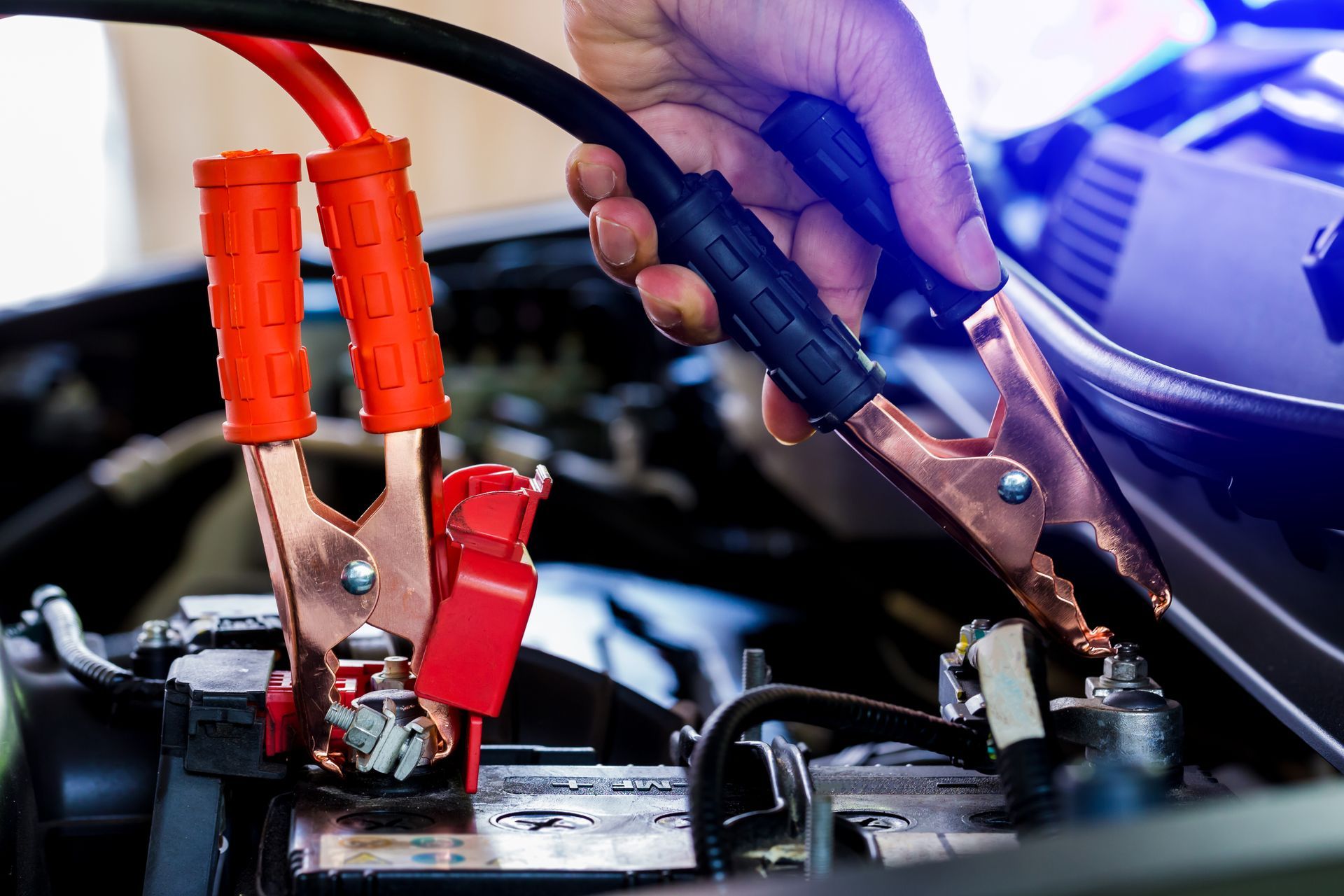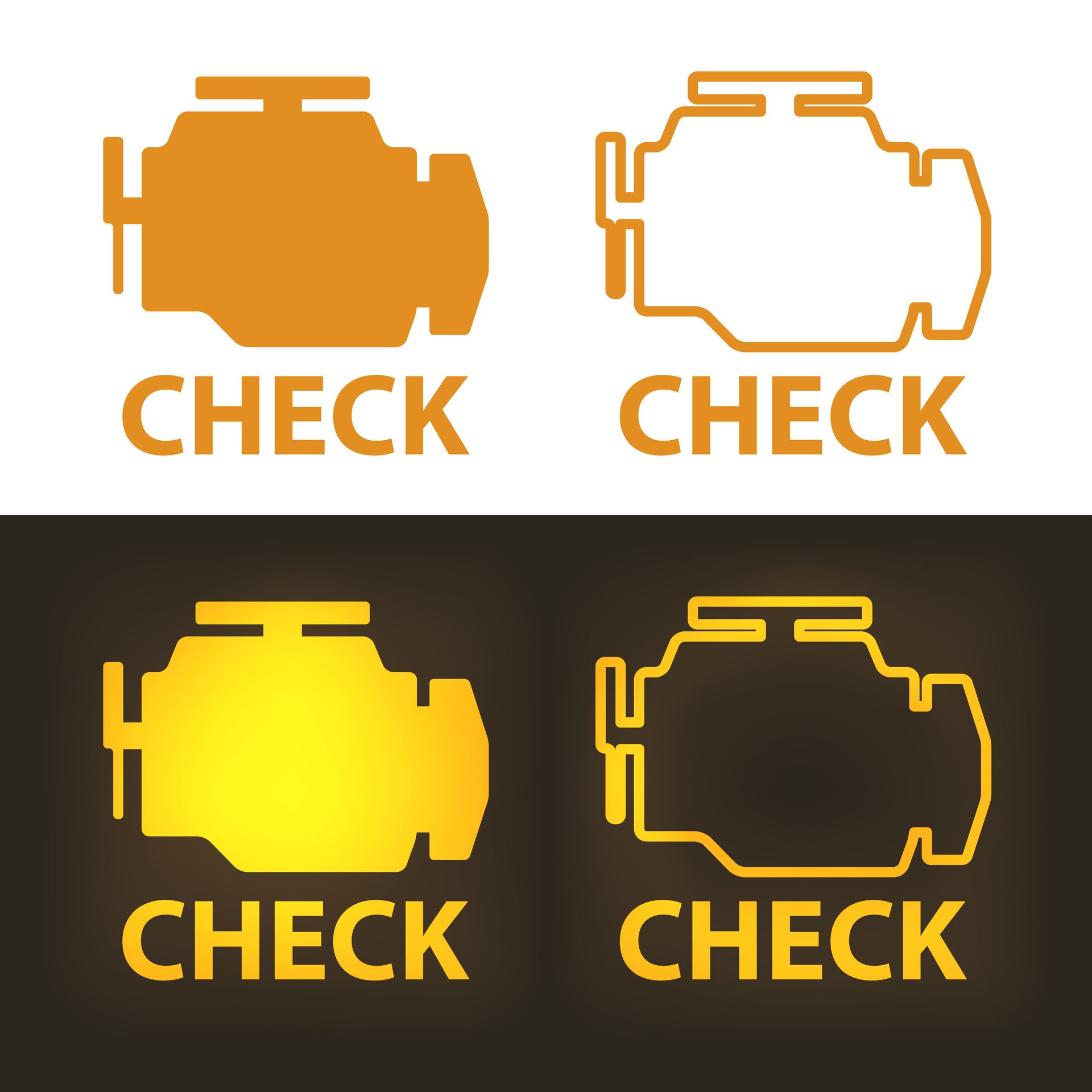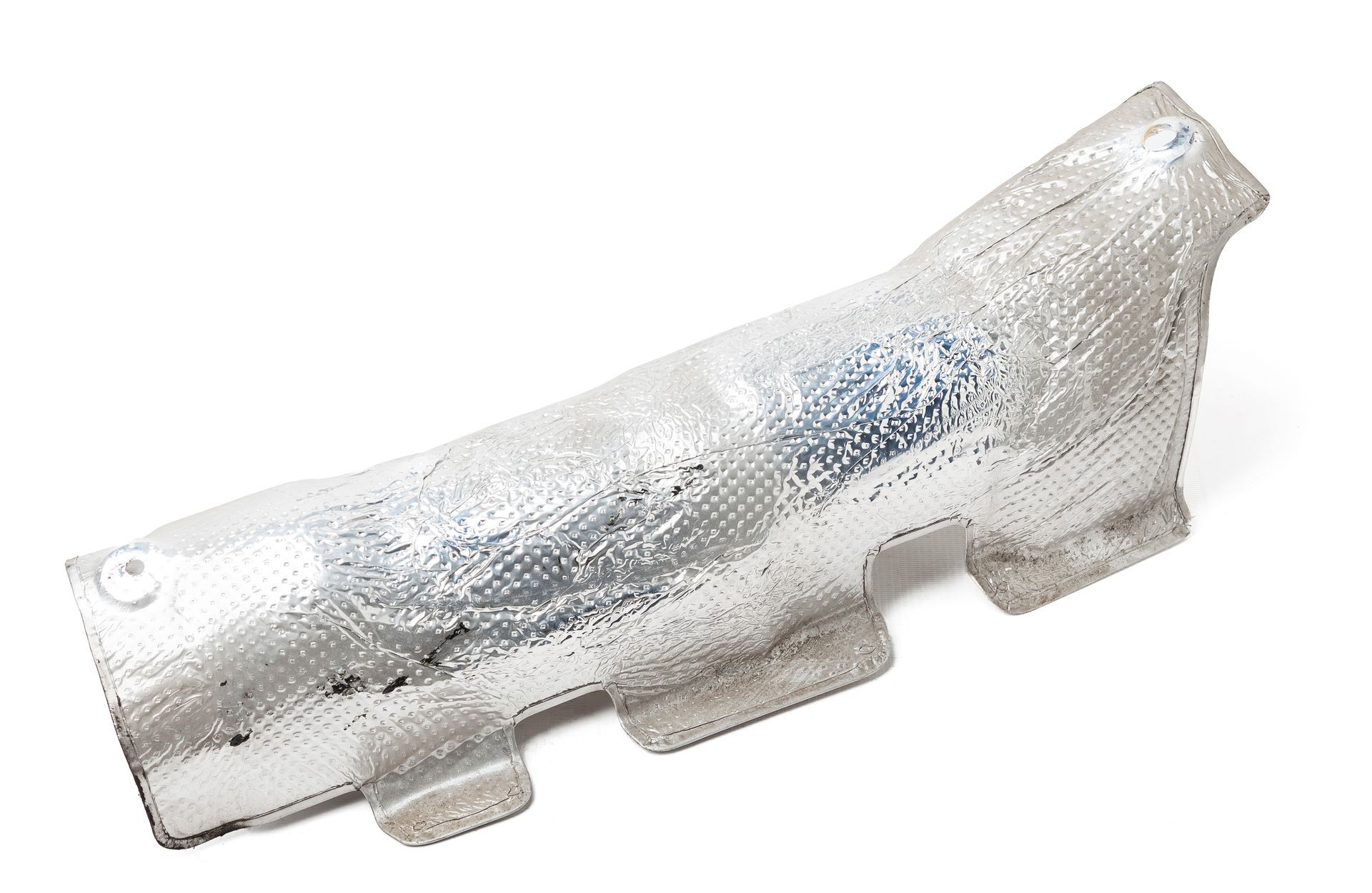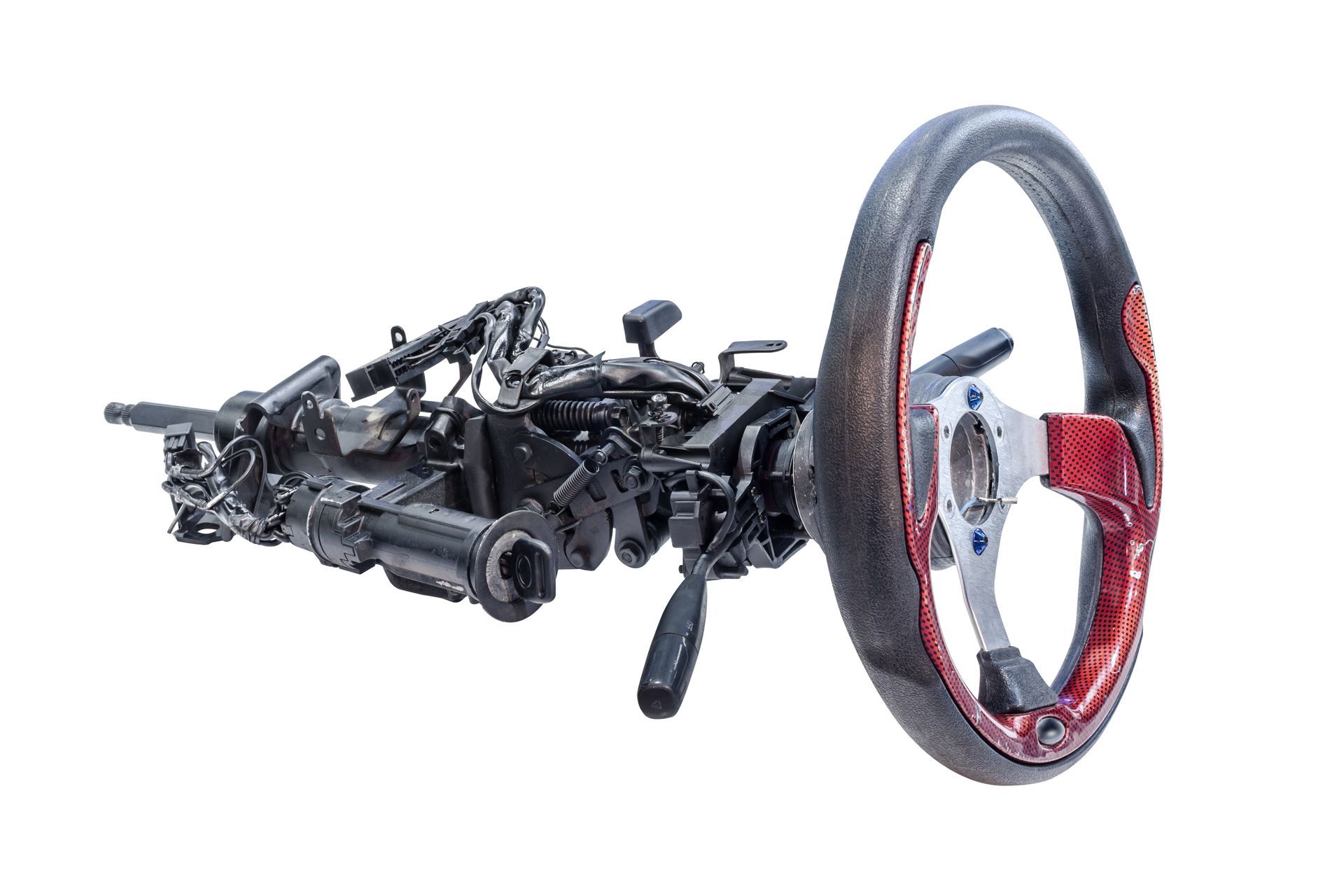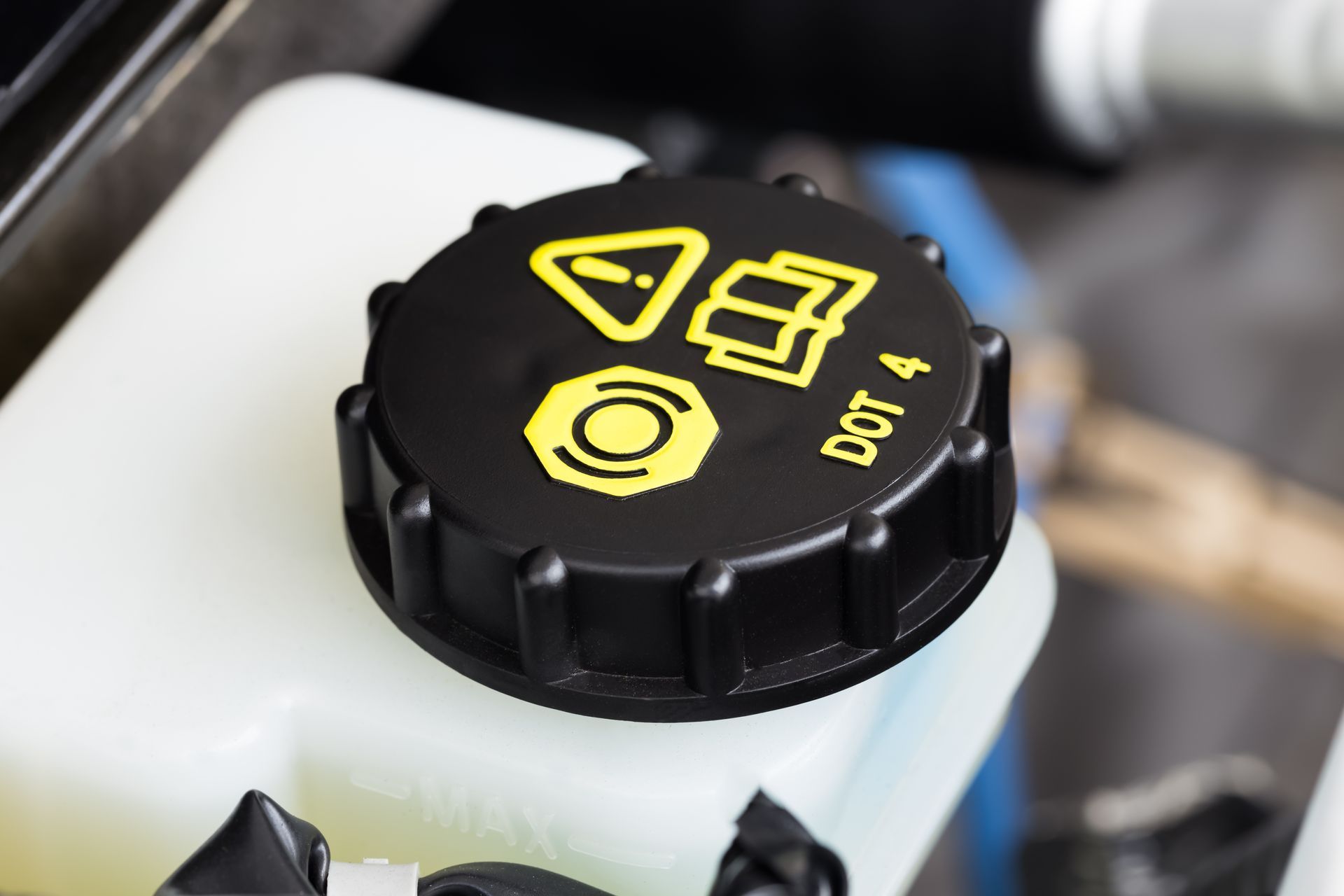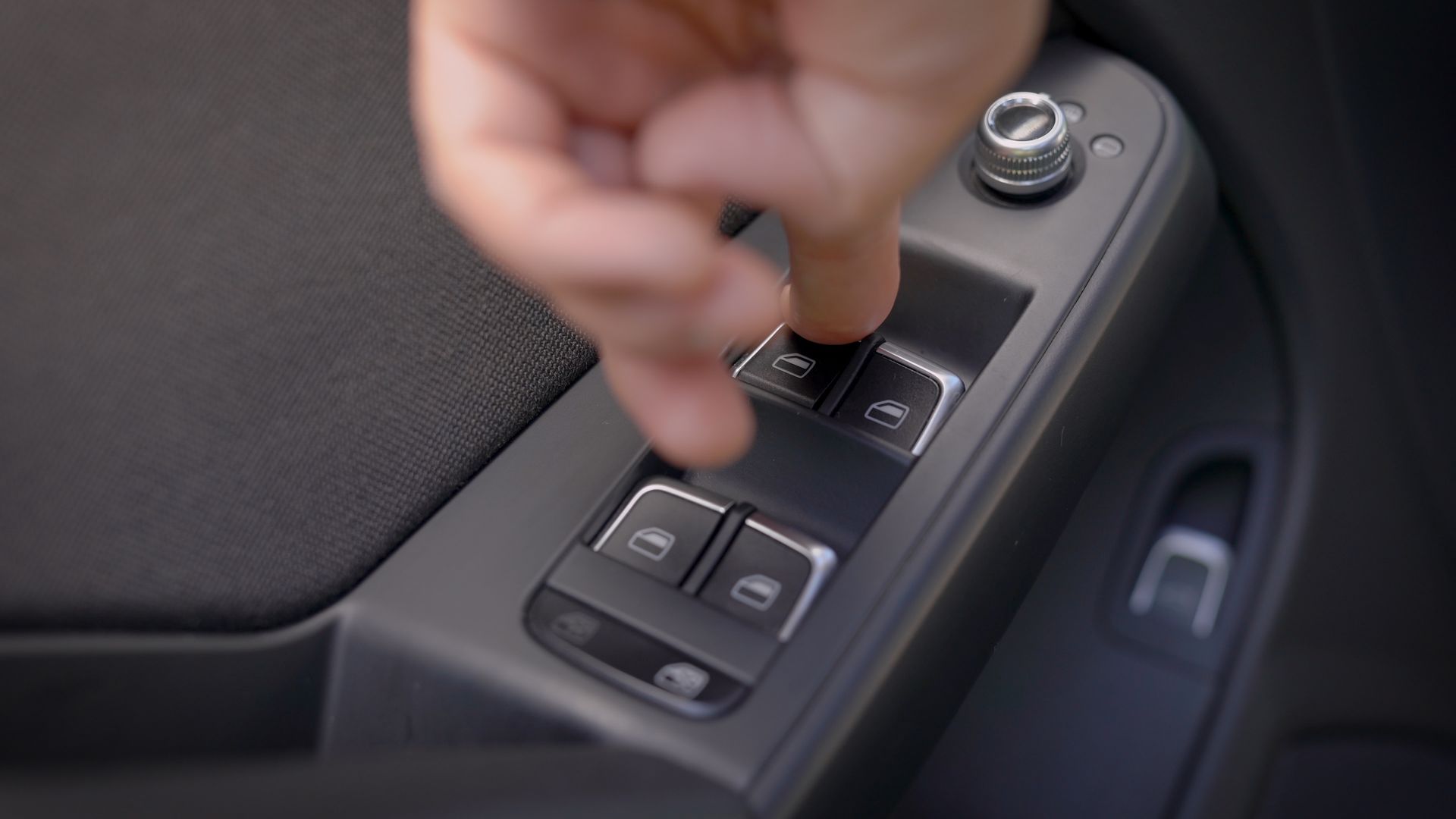Road rage is a dangerous behavior that puts everyone on the road at risk. While it’s easy to get frustrated during heavy traffic, after being cut off, or when dealing with slow drivers, giving in to anger behind the wheel can lead to unsafe driving decisions, increased wear on your vehicle, and higher chances of a collision.
Staying calm on the road is more than just good manners. It directly impacts your safety, your car’s performance, and your overall driving experience. Here's why maintaining a cool head matters.
Aggressive Driving Increases Risk of Accidents
When drivers give in to frustration, they often speed, follow too closely, or make sudden lane changes without signaling. These behaviors dramatically increase the chances of rear-end collisions, sideswipes, and other preventable accidents. A single poor decision made in anger can result in expensive repairs, insurance claims, or worse—serious injury.
Even if you're an otherwise careful driver, reacting emotionally to another driver’s mistake can lead you to act in ways you wouldn’t normally consider.
Stress Behind the Wheel Slows Your Reaction Time
High stress affects your body’s ability to focus and respond quickly. When you're upset or angry, your breathing becomes shallow, your muscles tense, and your attention narrows. That means you’re more likely to miss important cues like brake lights, pedestrians, or changing traffic signals.
In contrast, calm drivers are more alert, better able to anticipate what others are doing, and respond more appropriately to unexpected situations.
Hard Braking and Sudden Acceleration Wear Out Your Car Faster
Road rage often shows up in how people drive their cars. Slamming on the gas to tailgate someone or braking hard in frustration puts unnecessary stress on your vehicle. Your brake pads, rotors, suspension components, and tires all take a beating from this kind of driving.
Over time, this behavior can lead to premature wear, costly repairs, and reduced fuel efficiency. Driving smoothly helps your vehicle last longer and saves money at the repair shop.
Tailgating and Close-Following Create Unsafe Conditions
Drivers who are upset often follow too closely in an attempt to “teach a lesson” or pressure others to move faster. But tailgating drastically shortens your reaction time and can easily result in a crash if the car ahead needs to stop suddenly.
Even minor fender benders caused by this behavior can lead to alignment issues, damaged sensors, or airbag deployments that are expensive to fix.
Emotional Driving Affects Your Judgment
When you're behind the wheel while angry or upset, you're less likely to make good decisions. You may speed up in risky areas, run yellow lights, or ignore signs altogether. You may also become more reactive to small issues, interpreting another driver’s mistake as a personal attack instead of a simple error.
This kind of thinking clouds your ability to stay safe and respectful on the road. Keeping emotions in check helps ensure you remain in control of both your vehicle and your reactions.
How to Stay Calm While Driving
If you find yourself getting agitated behind the wheel, there are ways to lower your stress and stay safe:
- Take deep, slow breaths to relax your body.
- Listen to calming music or podcasts to reduce tension.
- Leave early to avoid the pressure of being late.
- Remind yourself that you can’t control other drivers, only your own actions.
Small changes in how you manage your emotions can lead to big improvements in your safety and driving experience.
Stay Safe and Drive with Confidence by Trusting Team One Suddeth Automotive
Whether your vehicle needs repairs caused by aggressive driving or you’re due for a routine checkup, Team One Suddeth Automotive in Columbia, SC, is here to help. Our skilled technicians are committed to keeping your vehicle in top condition so you can enjoy a safer, smoother ride.
Schedule your next service with
Team One Suddeth Automotive and drive with peace of mind, knowing your vehicle is being cared for by professionals who prioritize safety, performance, and reliability.



